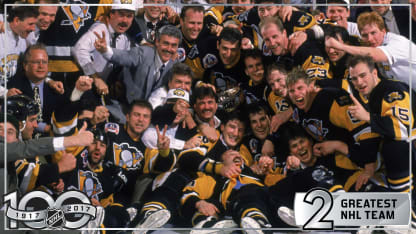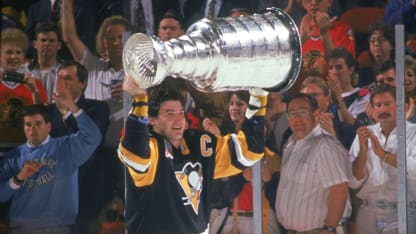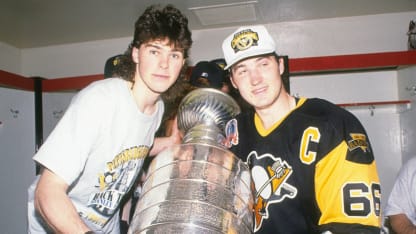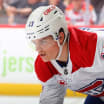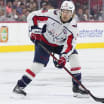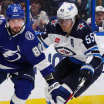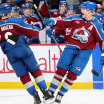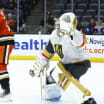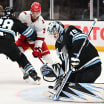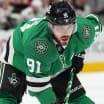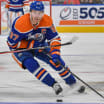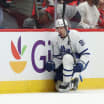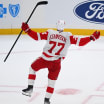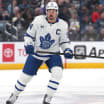"When you win once, people wonder," forward Kevin Stevens told Sports Illustrated. "When you win twice, it's no fluke."
In successfully defending their Cup title, the Penguins perfected the art of peaking at the optimal time, showcasing a mountain of mental and physical resolve in the process. Indeed, in November 1991, weeks into the season, the Penguins were mourning the death of their beloved coach, Bob Johnson, who had guided them to their first Cup title six months earlier.
1991-92 Pittsburgh Penguins roster
"We learned a lot from Bob -- we learned how to win," Lemieux said. "We're a very tough team to coach, a team that was known for offense, but he taught us how to play defense. He was the main reason we won the Stanley Cup.
"Nobody thought that we could win … but Bob made us believe that anything was possible."
RELATED: Top 10 Greatest NHL Teams
Scotty Bowman, who was Penguins director of player personnel, was named coach, and though he took over a team with Lemieux, widely regarded as the premier player in the NHL, the electrifying Jagr and such standouts as Stevens, defenseman Paul Coffey and forwards Ron Francis and Joe Mullen, nothing came easily. Lemieux led the League with 131 points (44 goals, 87 assists) but was plagued throughout the season by back pain.
In the Patrick Division Semifinals, the Penguins trailed the best-of-7 series 3-1 against the Washington Capitals before prevailing in seven games, then fell behind the New York Rangers 2-1 in the division final, losing Lemieux for the series after he broke his hand on a slash by forward Adam Graves in Game 2.
The Penguins rallied to win the final three games against the Rangers before sweeping the Boston Bruins in the Wales Conference Final, taking a seven-game winning streak into the Stanley Cup Final.
"We stay on an even keel and do what it takes to win," Stevens said.
